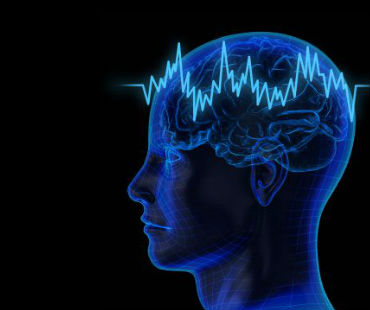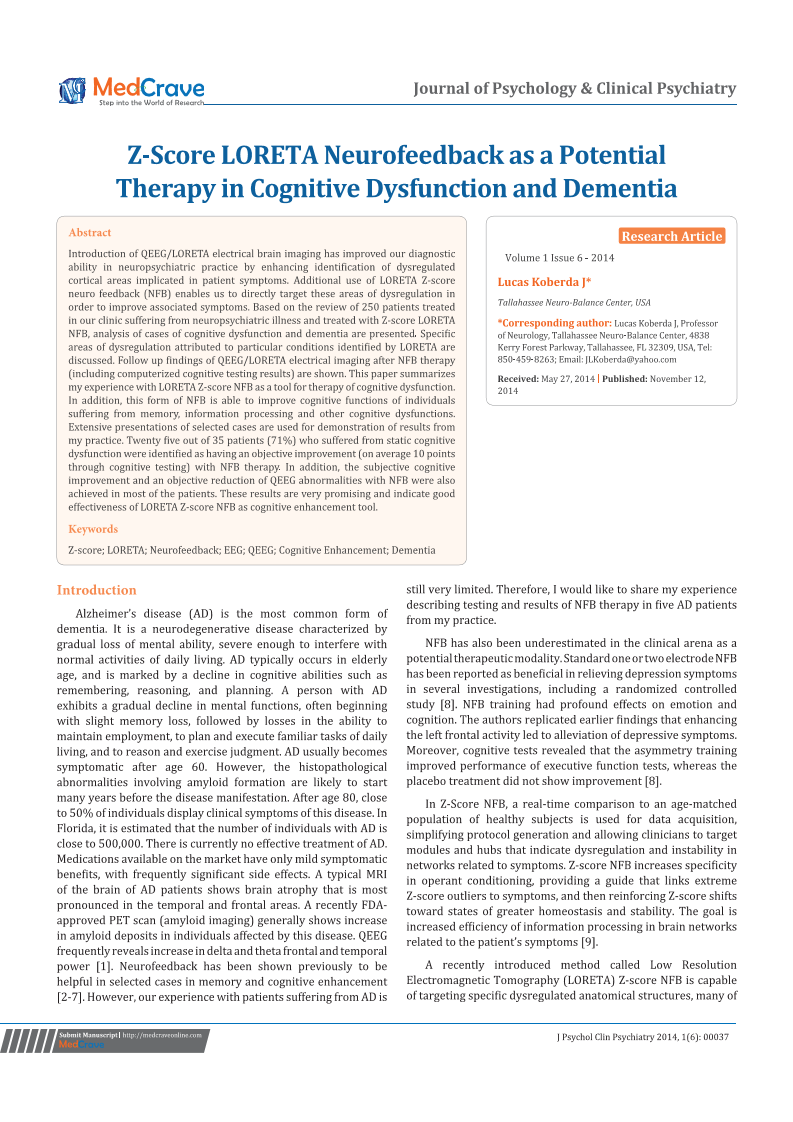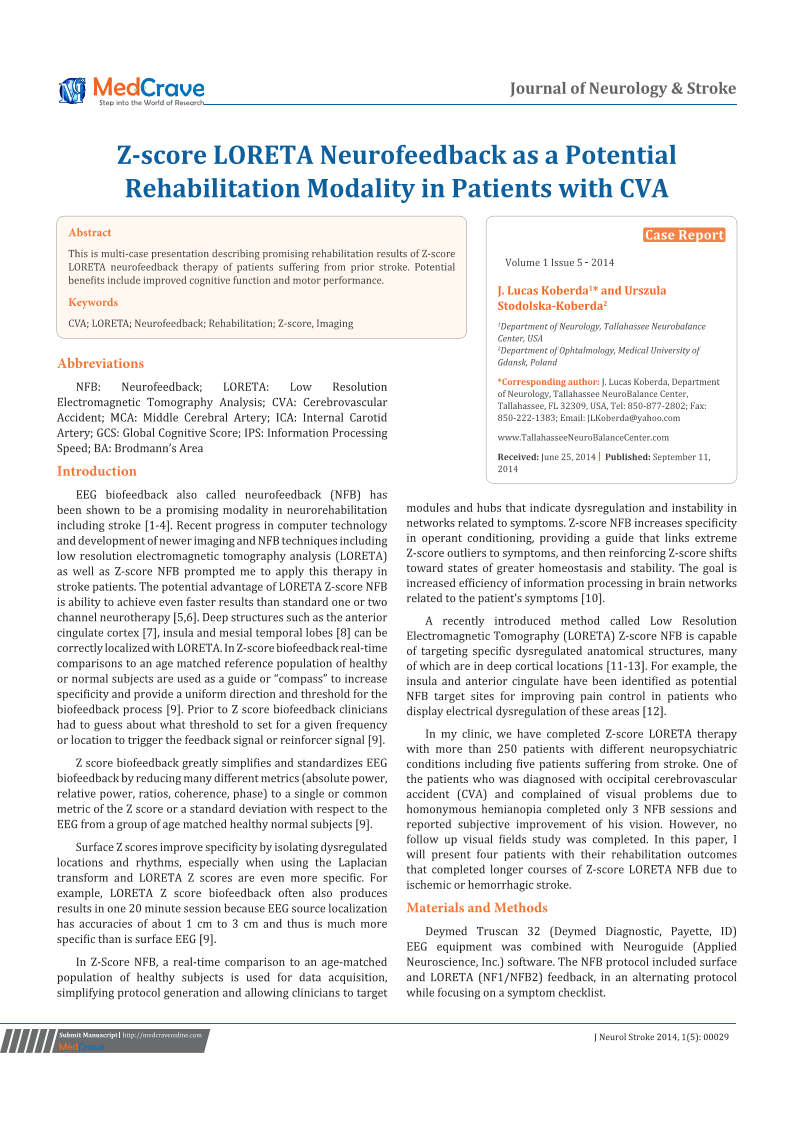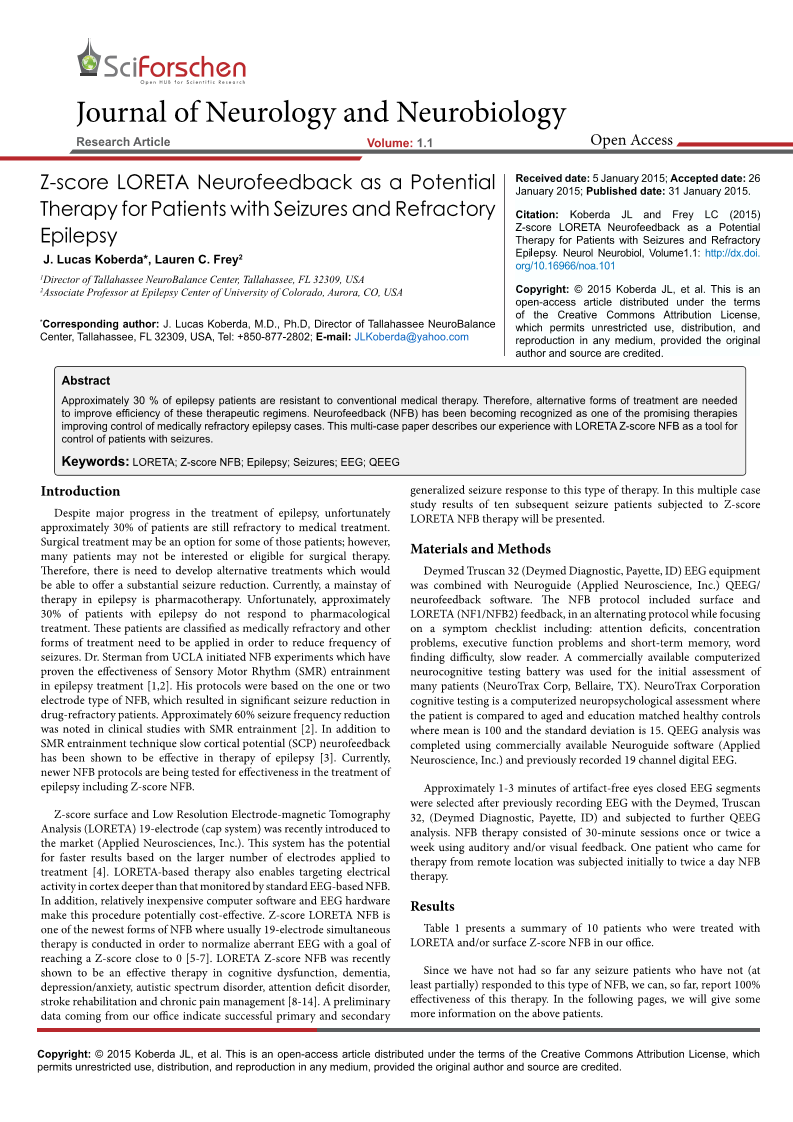Advanced Neurofeedback and Family Therapy Center
Welcome to Advanced Neurofeedback
and Family Therapy Center
“At ANFTC , we are dedicated to empowering individuals to achieve optimal mental health and well-being. Through the integration of psychophysiological treatment modalities and compassionate counseling, we commit to providing personalized and evidence-based approaches to promote brain health, emotional balance, and overall optimal functioning. Our mission is to create a supportive environment where clients can unlock their full potential, fostering resilience and self-growth in a journey towards lasting change.”
NEUROFEEDBACK IS NON-INVASIVE, DRUG-FREE, PAINLESS AND HAS LONG-LASTING EFFECTS
OUR CLINICAL SERVICES
Neurofeedback for ADHD
ADHD Individuals with ADHD have problems with attention, focus, concentration, hyperactivity for some, executive functions like planning ahead and often the ability to socialize appropriately. Neurofeedback can produce significant and lasting improvement in these symptoms in children with attention-deficit/hyperactivity disorder (ADHD). Through Neurofeedback training the electrical activity changes in the optimal direction and so does the brain chemistry.
Dementia and Alzheimer’s
Alzheimer’s disease is the most common cause of dementia — a group of brain disorders that cause the loss of intellectual and social skills. In Alzheimer’s disease, the brain cells degenerate and die, causing a steady decline in memory and mental function. The neurofeedback method used to train Alzheimer’s patients’ brains is the same as for any other neurological condition. Positive reinforcement is used to gradually change the way the patient’s brain is functioning.
Neurofeedback for ASD
Has your child been diagnosed with Autism Spectrum Disorder (ASD)? You are not alone. Autism is a condition that effects 1 in 88 children according to estimates from the Centers for Disease Control. Neurofeedback training can often lead to the reduction or elimination of drugs for ASD and can help children manage their emotions better creating a calming effect.
Traumatic Brain Injury
Traumatic brain injury (TBI) is a complex injury with a broad spectrum of symptoms and disabilities. It occurs when an external force traumatically injures the brain. TBI can cause a host of physical, cognitive, social, emotional, and behavioral effects. Neurofeedback is a research proven way to improve your brain function through intensive brain training.
Neurofeedback for Epilepsy
With Neurofeedback, specific symptoms of Epilepsy can be targeted. Since abnormal brain activity, also know as instabilities, are seen as the main cause of Epilepsy, the most important goal during Neurofeedback training is stabilizing the brain. In other words, ‘to train the brain to control it’s abnormal activity. Neurofeedback is an option applicable to all types of seizures.
Migraines
Do you currently suffer from migraines? Are you currently on medication for migraines? Are you concerned about the side effects from your migraine medication? Neurofeedback training can not only relieve your individual migraine occurrences, but it also could be very effective in reducing the intensity and frequency of your migraines over the long term.
Neurofeedback for Anxiety
People with anxiety disorders frequently have intense, excessive and persistent worry and fear about everyday situations. With Neurofeedback, you train your brain to remain calm and moderate your response to stress so that anxiety is minimized and occurs less frequently. With sufficient training, your brain learns to maintain healthier patterns. Neurofeedback has proven to help reduce anxiety long term and allow people to wean off medication with their doctor’s supervision.
Depression
Depression can be defined as a mood disorder that causes a persistent feeling of sadness and loss of interest. Also called major depressive disorder or clinical depression, it affects how you feel, think and behave and can lead to a variety of emotional and physical problems. You may have trouble doing normal day-to-day activities, and sometimes you may feel as if life isn’t worth living. Research shows that clinical depression has been linked to certain brain patterns. Neurofeedback actually retrains the dysfunctional brain patterns associated with depression stabilizing and improving mood and motivation – all without medications.
Eating Disorders
Eating disorders — such as anorexia, bulimia, and binge eating disorder – include extreme emotions, attitudes, and behaviors surrounding weight and food issues. Eating disorders are serious emotional and physical problems that can have life-threatening consequences for females and males. Eating disorders often occur in conjunction with other conditions such as OCD, anxiety, depression and sleep disorders. Neurofeedback (or EEG biofeedback), helps people with eating disorders and other addictions enter a calm, peaceful state of mind, where they are better able to control cravings and resist urges.
OCD
Obsessive-compulsive disorder, or OCD, is an anxiety disorder that generally causes extreme discomfort. Sufferers are often riddled with persistent and recurrent impulses, thoughts and images that are unwanted. Brain scans have shown that people with OCD have abnormal activity in the parts of their brain associated with strong emotions and their reaction to them, and an imbalance of serotonin. With Neurofeedback, we would train the areas of the brain associated with control and emotional reactivity. As the electrical activity changes in the optimal direction so does the brain chemistry. And this is why people begin to need less medication and are eventually able to decrease medication and stop medication completely.
Stroke
A stroke occurs when blood flow to an area of the brain is cut off. When this happens, brain cells are deprived of oxygen and begin to die. When brain cells die during a stroke, abilities controlled by that area of the brain such as memory, mood, speech, balance, ability to walk and muscle control can be lost. Neurofeedback is a treatment modality that can help the brain repair itself, even years after damage has been done.
Learning Disabilities
For many years, no one really knew how to deal with learning, because experts were unable to pinpoint its cause. Most educators simply ended up trying different methods of teaching, and some would give up and write these children off as slow or unworthy of the extra attention, or conclude that they weren’t trying hard enough. Now, however, there is a helpful tool for children with learning disabilities–a therapy known as neurofeedback.
Counseling Services
Counseling can be a vital support if you are struggling with anxiety, depression, loss, the impact of trauma and toxic stress. At ANFTC we embrace a multidisciplinary approach to therapy, integrating the latest findings of neuroscience, trauma informed and culturally sensitive. This integrated approach meets the unique needs of each individual, fostering personal growth and healing. Whether you are struggling with anxiety, depression, impact of stress and trauma, relationship issues, or seeking personal development, you will find professional and compassionate support for you and your family.









